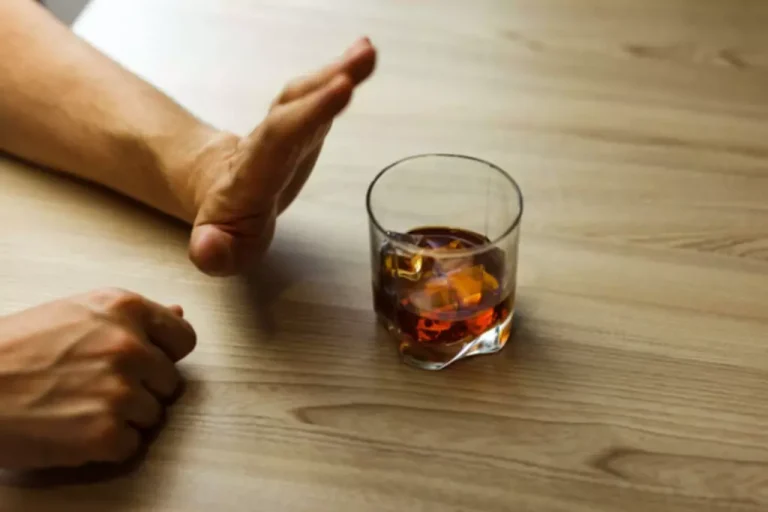
A person should reflect on their thoughts, feelings and behaviors to learn what triggers them specifically. The final stage is a physical relapse, involving drug or alcohol use. A physical relapse can last for minutes or months for some people and may indicate the need to return to treatment. However, a physical relapse does not always indicate that someone will face addiction again or need rehab. However, establishing productive ways to manage stress can help you avoid decisions that could be detrimental to your health. Chances are, you will wake up feeling well-rested and more prepared to problem-solve.

Internal Drug And Alcohol Relapse Triggers
- Self-care is especially difficult for adult children of addicts 27.
- The important thing is to recognize situations that cause stress and prepare strategies to mitigate it.
- When you attend a mutual support group, you may benefit from having a sponsor.
Such feelings can include celebratory feelings, passion, and excitement. Granted these feelings are positive, they can easily trigger relapses. For example, most celebrations involve substance use among-st friends and family. Therefore, if you’re in a drug and alcohol recovery stage, this environment can inspire you to feel celebratory and want to participate.

What is Relapse Prevention?
The negative side effects of relapsing after enrolling in drug and alcohol recovery programs is another concern. In recent experiences, drug and alcohol abuse after practicing abstinence, heightens an individuals chances of overdosing. It’s impossible—and unhealthy—to avoid feeling all negative emotions, so avoiding these relapse triggers after your stay in rehab isn’t a viable option. When those emotions inevitably arise, you may feel tempted to turn to drugs and alcohol again to help you cope. Instead, you’ll need to draw on what you’ve learned in therapy to combat those cravings and stay sober. A trigger can be any social, psychological, or environmental cue that causes someone to think about using drugs or alcohol.
Relapse Triggers
- Reach out to 12 South Recovery today to learn more about how we can support you in your journey towards lasting recovery.
- It is remarkable how many people have relapsed this way 5, 10, or 15 years after recovery.
- They are embarrassed to mention that they still have occasional cravings or that they are no longer sure if they had an addiction.
A relapse trigger is a cue that can cause a person in recovery to relapse. They cause a person to crave the substance that they used to abuse and that craving often leads to relapse. On average, about 40-60% of people who suffer from substance use disorder will relapse at some point. If you do relapse, then your needs may be best served by a drug or alcohol rehab clinic. It may be possible for you to regain your recovery by attending outpatient therapy sessions. Others will merely require the support of their mutual support group.

Cognitive behavioral skills refer to your ability to recognize thought patterns influencing your emotions and determining your behavior. Yes, as you grow and your lifestyle changes, your triggers can also evolve. Daydreaming about use can cause you to overlook types of relapse triggers the horrific consequences and dangers of your past use.
- Cognitive behavioral skills refer to your ability to recognize thought patterns influencing your emotions and determining your behavior.
- The tasks of this stage are similar to the tasks that non-addicts face in everyday life.
- With the right strategies and support, you can navigate your recovery journey more confidently and maintain your sobriety.
Relapse Prevention
It’s important to remain conscious of the fact that addiction is a chronic illness, and relapse is always a possibility. All of these situations could potentially lead to a relapse if you’re not prepared. In rats and humans, the hormone corticosterone increases the level of dopamine, a brain chemical that plays a major role in reward-seeking behavior, in the brain in response to stress. Cocaine and several other illicit drugs also boost levels of dopamine.

